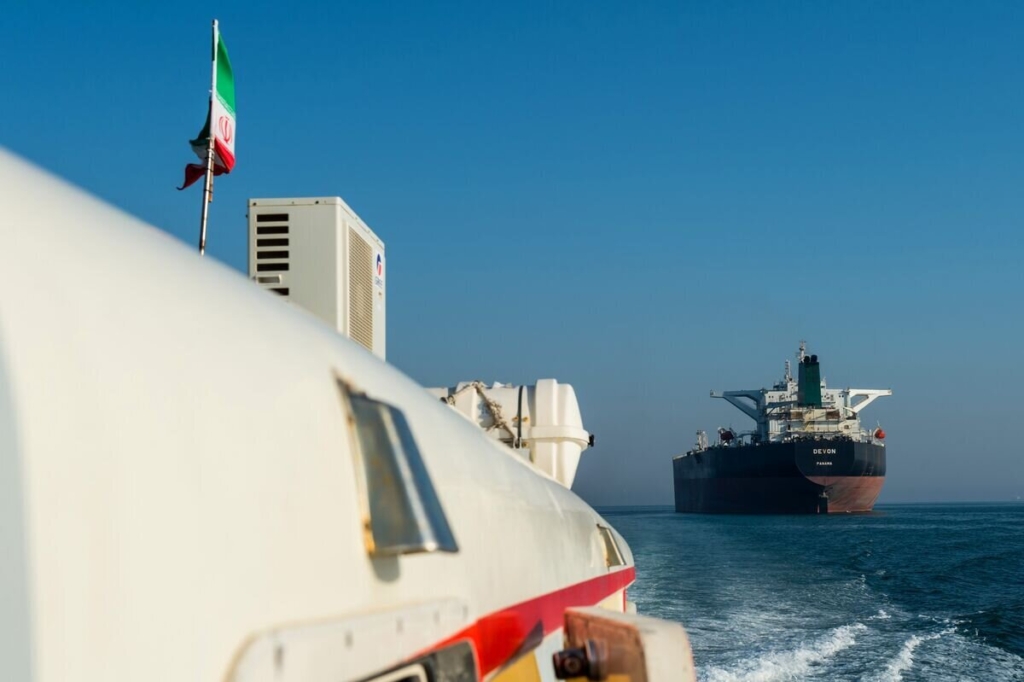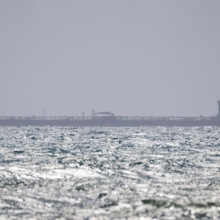Biden unlikely to intensify sanctions on Iran’s oil sector: report

RoydadNaft – A Reuters report on Tuesday said the Biden administration is unlikely to take any dramatic sanctions action on Iran’s oil exports after Iran’s response to Israel, due to worries about boosting oil prices and angering top buyer China.
Several regional analysts said they doubted Biden would take significant action to ramp up enforcement of existing U.S. sanctions on Iran’s crude exports, the report said.
“Even if these bills pass, it’s hard to see the Biden administration going into overdrive, to try to spring into action or enforce existing sanctions or new ones to try to cut or curb (Iranian oil exports) in any meaningful way,” Reuters quoted Scott Modell, a former CIA officer, now CEO of Rapidan Energy Group as saying.
Former President Donald Trump reinstated U.S. sanctions on Iran’s oil in 2018 after pulling out of an international deal on Tehran’s nuclear program.
Rapidan estimates Iran’s oil exports have hit 1.6 million to 1.8 million barrels a day, excluding condensates, a very light oil. That is close to the 2.0 million barrels a day Iran exported before sanctions, said Modell.
The possible effect on gasoline prices is one reason Biden may not move strongly to curb Iran’s oil exports.
Kimberly Donovan, a sanctions and anti-money laundering expert at the Atlantic Council, said that oil-related sanctions have not been strictly enforced in the past couple of years.
“I would not expect the administration to tighten enforcement in response to Iran’s missile and drone attacks against Israel over the weekend, mainly for concerns (that) could lead to increases in oil prices,” she said.
“The price of oil and ultimately the prices of gas at the pump become critical during an election year.”
Aggressively enforcing sanctions could also destabilize the U.S.-China relationship, which Chinese and U.S. officials have tried to repair following a rocky period after the U.S. last year downed a suspected Chinese surveillance balloon that crossed U.S. territory.
Tanker tracking specialist Vortexa Analytics estimated China acquired a record 55.6 million metric tons or 1.11 million barrels of Iranian crude a day last year. That amounted to roughly 90 percent of Iran’s crude oil exports and 10 percent of China’s oil imports.
Jon Alterman, a West Asia analyst at the Center for Strategic and International Studies, said there were limits to what Washington could do to impose sanctions and that evaders are adept at finding loopholes.
“I’d expect to see a gesture in the direction of (imposing) economic consequences on Iran, but I don’t expect the White House — or any future White House — to be able to completely turn off the spigot of Iranian oil,” he said.













